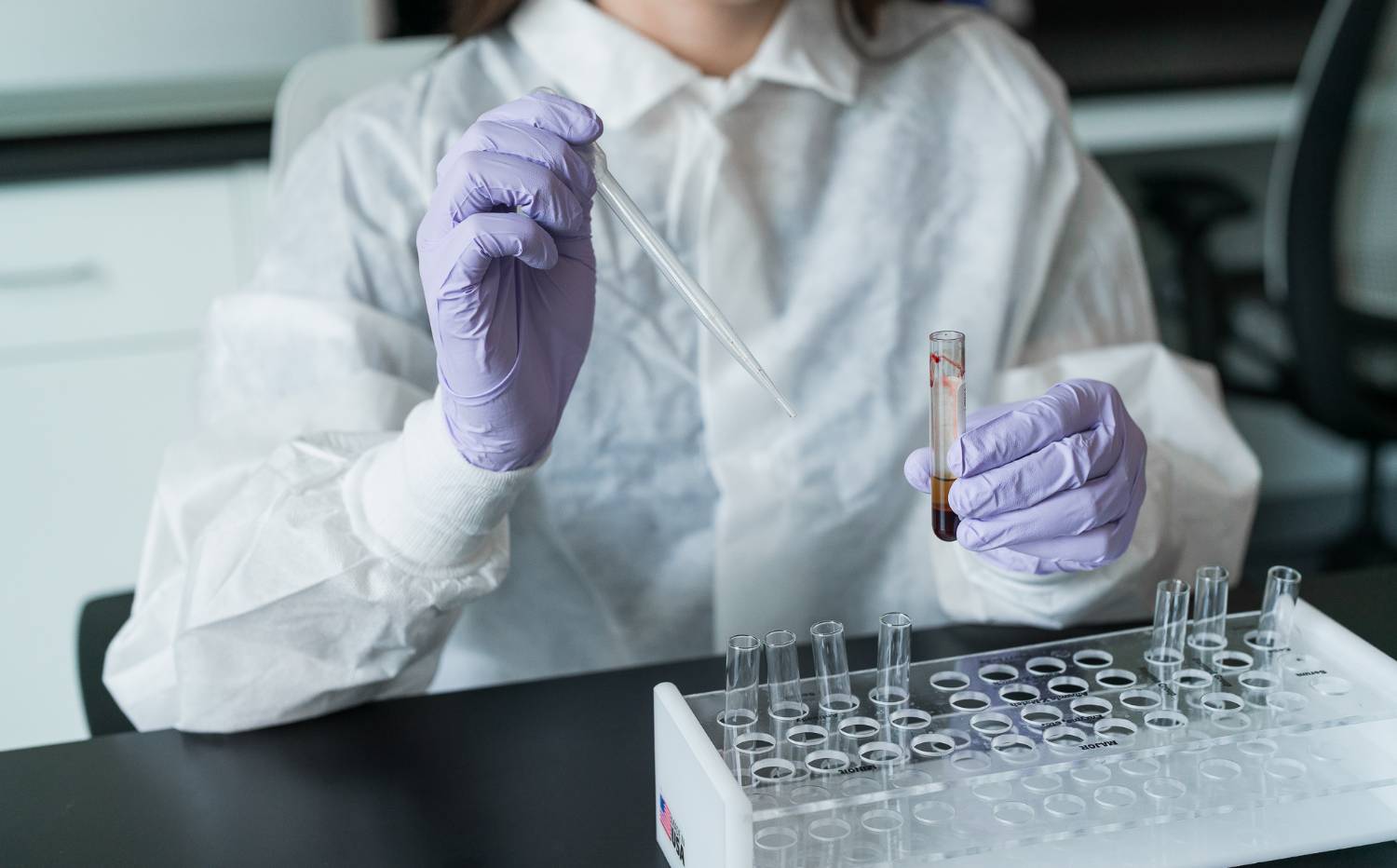Forensic Science Certificate
-
Degree
Certificate
-
School
Art & Sciences
Program Overview
The Forensic Science Certificate Program at FranU prepares students to serve those most in need by providing justice and fairness for victims of crimes. The certificate program is designed to be completed in combination with our Biology Biochemical Analysis degree, which provides students with a greater depth of knowledge in the areas of chemical concepts, instrumentation and analysis. However, students of any academic background may enroll in the certificate program.
The curriculum of the certificate program is grounded in forensic science practices, whereby students will become skilled professionals ready to enter the workforce. Our supportive and respected faculty will guide students through their courses of study and prepare them for success in their forensics career. Courses will cover topics such as: physical evidence collection, including fingerprints, DNA, firearms, drugs and mobile devices; crime scene management and analysis; toxicology and serology; fire investigation; instrumental analysis and data interpretation along with courtroom testimony.
The FranU Forensic Science Certificate Program curriculum includes 24 total credit hours of study, the foundation of which is 6 credit hours in biology and 6 credit hours in organic chemistry. Following these foundational courses, students can expect to complete the certificate requirements within one year.
On This Page
Program Contact
Carmen Nichols, Ph.D., | Advisor & Forensic Science Certificate Director
Phone: (225) 526-1680
Email: Carmen.Nichols@franu.edu
Program Features
Admissions Requirements
For admission into the Forensic Science Certificate program, students are required to:
- Be enrolled in or have completed a baccalaureate or advanced degree. Degrees in chemical science, physical science, biological science or forensic science are recommended.
Further considerations for admissions for transfer students include:
- The possibility to transfer up to 12 hours in biology or chemistry toward this certificate. The remaining hours must be taken at Franciscan Missionaries of Our Lady University.
Program Mission
United with the mission and drivers of the Biology program, the mission of the Certificate in Forensic Science program at Franciscan Missionaries of Our Lady University is to create quality educational experiences in forensic science. The core principles of scientific inquiry and ethics serve to integrate coursework throughout the curriculum.
Both the Biology program and forensic science certificate program have an important role in preparing students for lab intensive careers.
Biology Faculty
FranU’s biology faculty members are highly skilled professionals with extensive subject area expertise and a passion to teach students how to apply scientific knowledge to their future careers in laboratory science, research, medicine and beyond.
Frequently Asked Questions
ccording to the Bureau of Labor Statistics (BLS), careers in the forensic science industry are expected to grow at a rate of 11% over the next ten years– that’s much faster than the average for all occupations. The BLS also reports that, nationally, forensic scientists earn a median annual salary of $61,930. On a local scale, Salary.com notes that the average forensic scientist in Louisiana makes $66,603 annually.
Crime scene investigators and forensic scientists or technicians often work in a specific jurisdiction, sometimes traveling to many locations and crime scenes in order to record and process evidence. Careers in forensic science, even those that are laboratory focused, are very hands-on and interactive, involving an eye for detail, the ability to follow guidelines and processes closely and the ability to think critically and logically to solve complicated problems.
As you search for employment in the forensic science field, it is important to consider that employment in a field related to forensic science requires an extensive background check. Components of this background check may include any or all of the following: criminal background checks, polygraph tests, credit checks, drug tests, and interviews of family, friends and professional acquaintances. Any questions regarding this consideration should be directed towards the lab or agency in which you intend to seek future employment.
You can utilize our Tuition Calculator to determine estimated costs.
Laboratory fees are associated with certain courses. Course material and textbook fees may also be required for this program and can vary in cost.
Yes. FranU is committed to helping students find ways to finance their education through federal, state, and institutional funds. We are one of the most affordable Catholic universities, with a large percentage of our student body receiving financial aid of some kind.
To learn more about financing options available to you, such as federal student aid, scholarships and more, visit the Financial Aid page.
The Certificate in Forensic Science consists of 24 credit hours. The program length is flexible depending on how many courses you would like to take each semester. After the completion of the biology and organic chemistry requirements, it is possible to complete the remaining coursework in one year.
Courses can be completed in a three-credit hour per semester capacity (one course per semester), which allows students additional flexibility in scheduling. At this pace, students can expect to complete the forensic science certificate program in eight semesters or four years.
Regional Accreditation
For information about our SACSCOC accreditation, please visit our Institutional Accreditation page.

Enter a Growing Industry of Professionals With FranU’s Certificate in Forensic Science
The Forensic Science Certificate program at FranU will help you develop the hands-on skills and experiences you need to enter the forensic science profession.
To learn more about the program, Request Information. Ready to take the next step? Begin your online application now.
